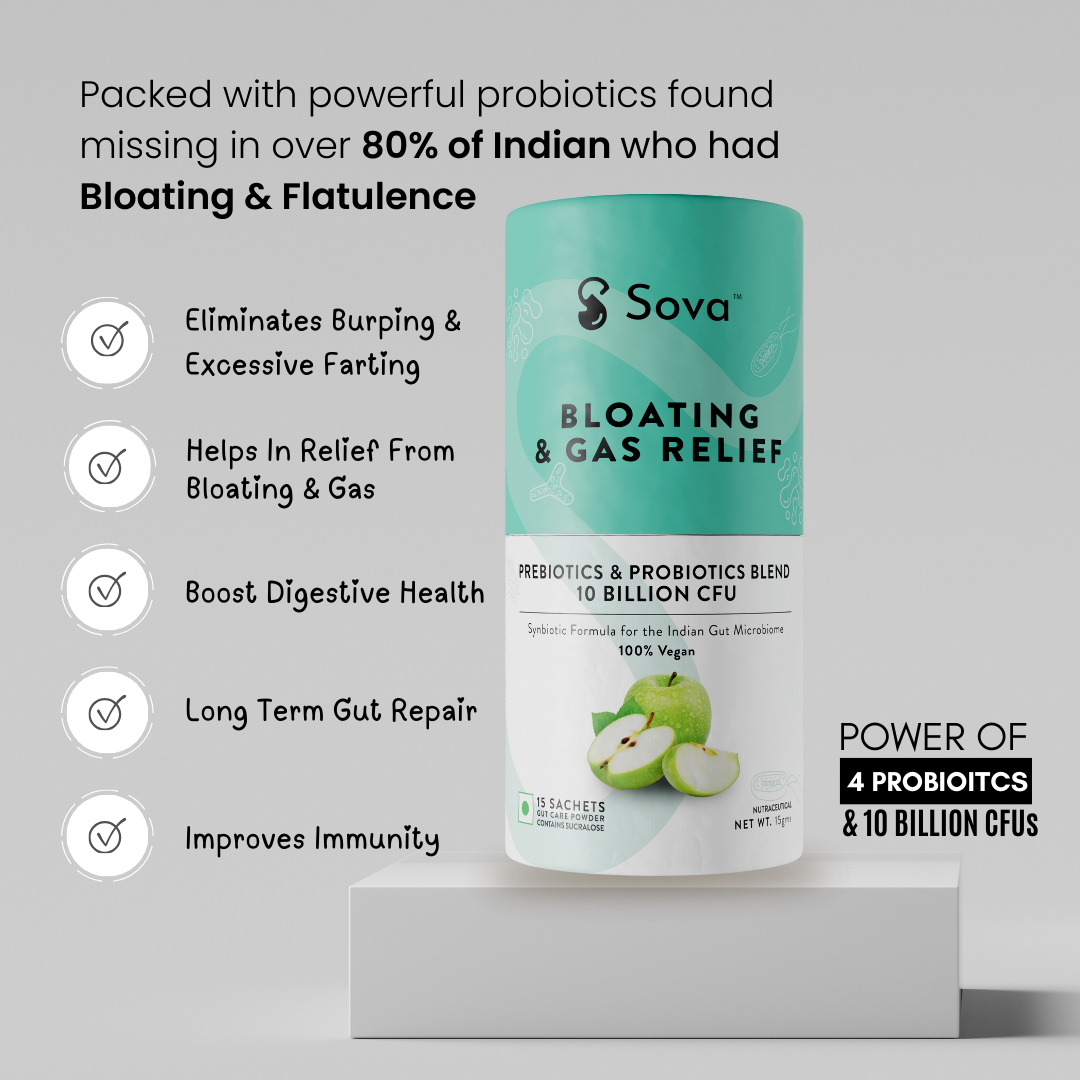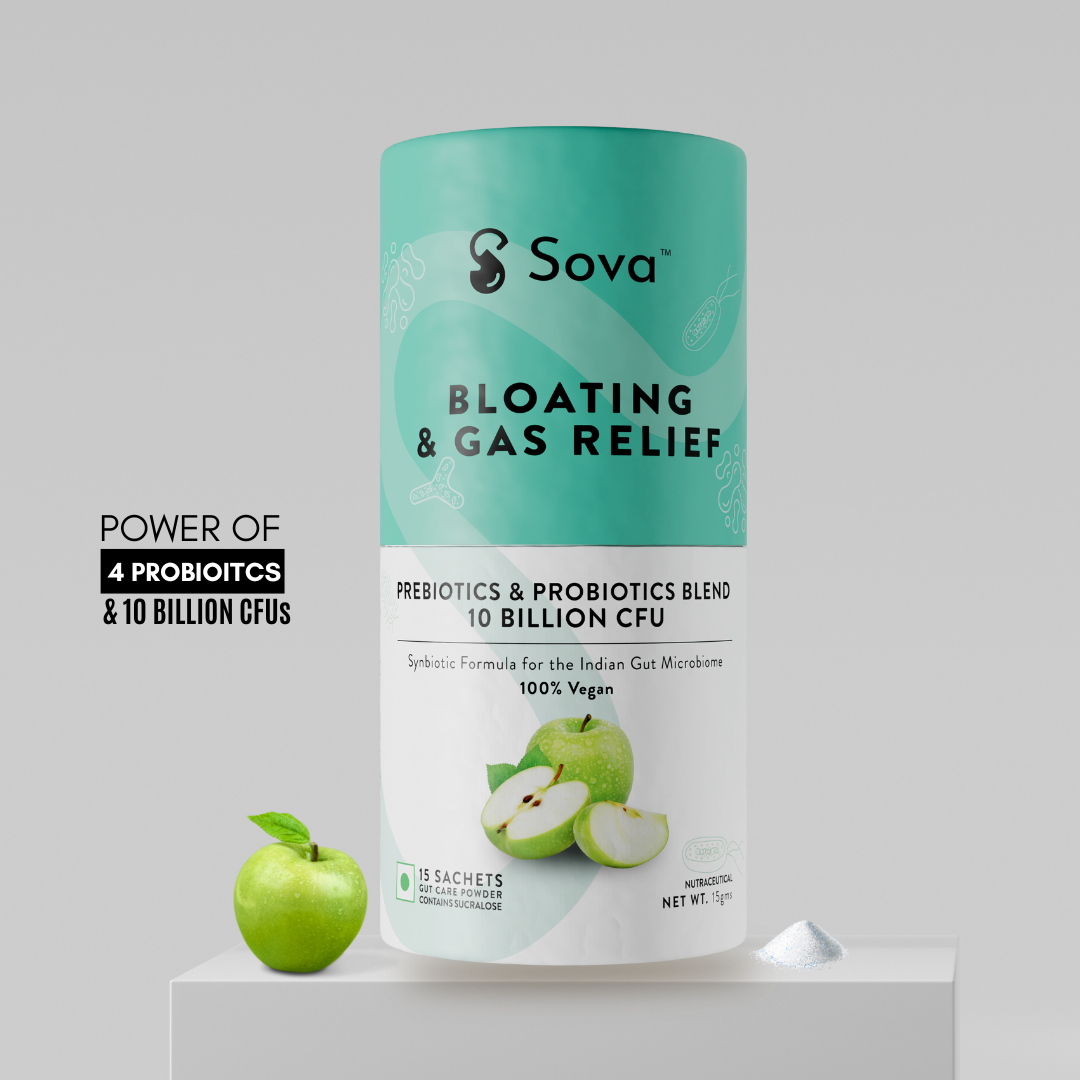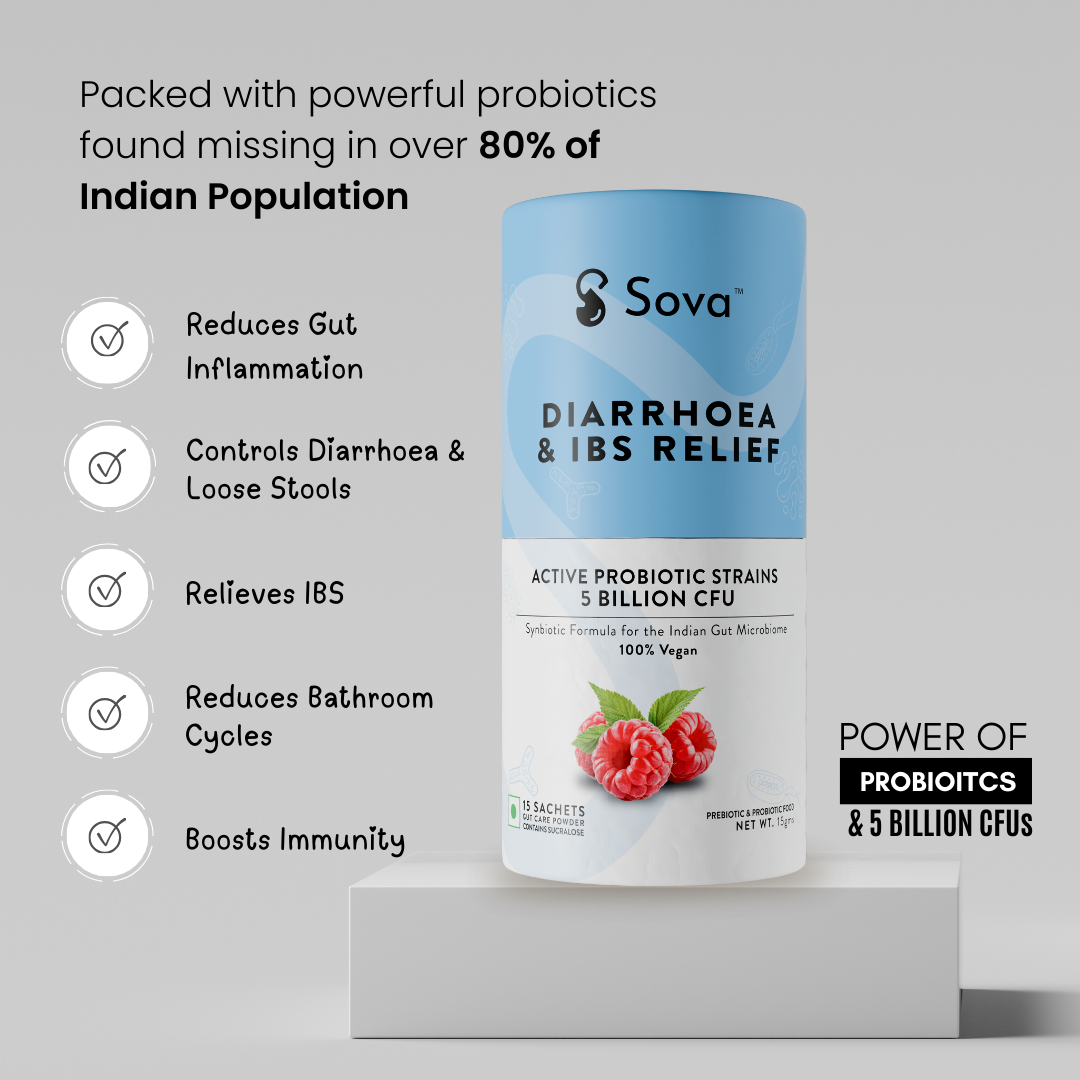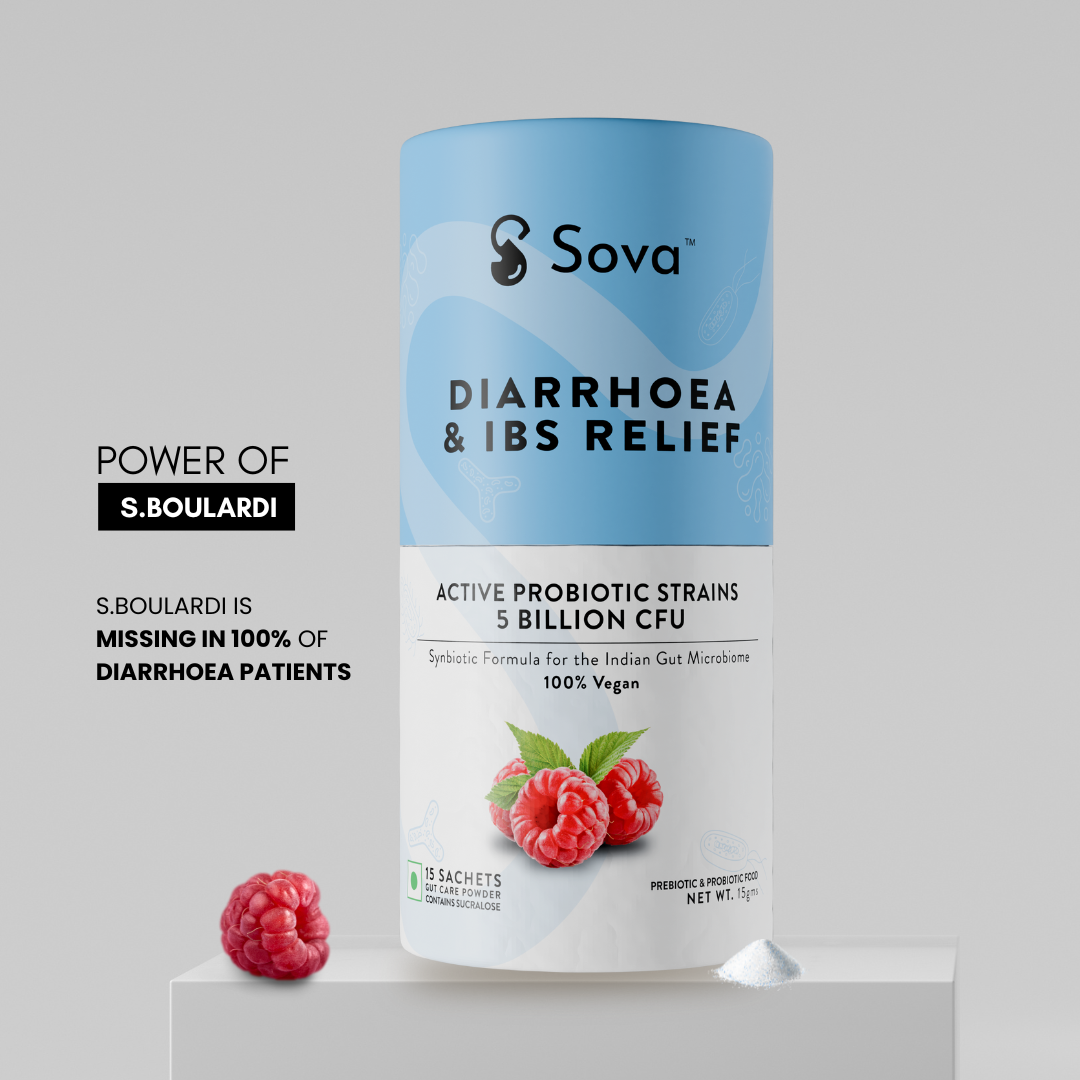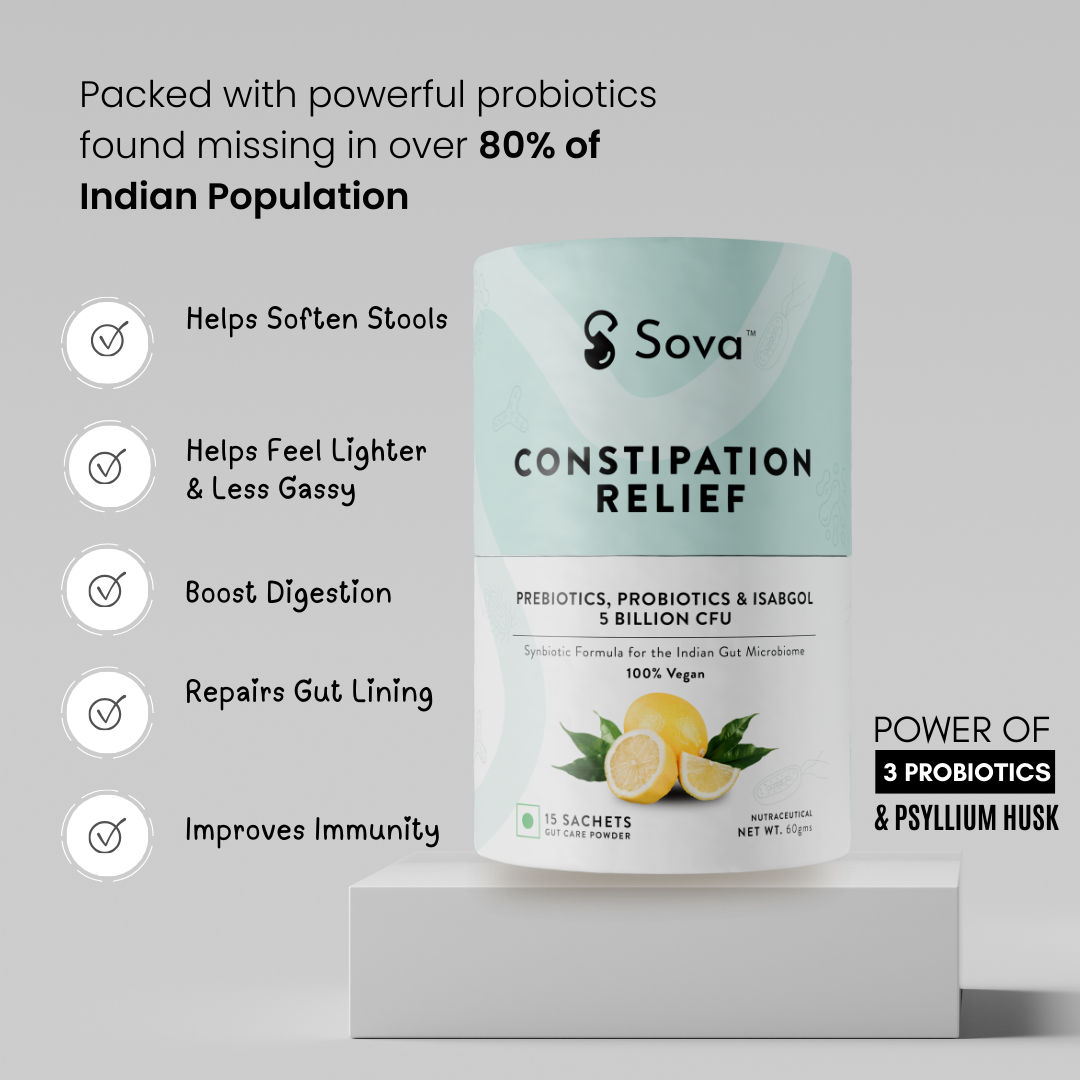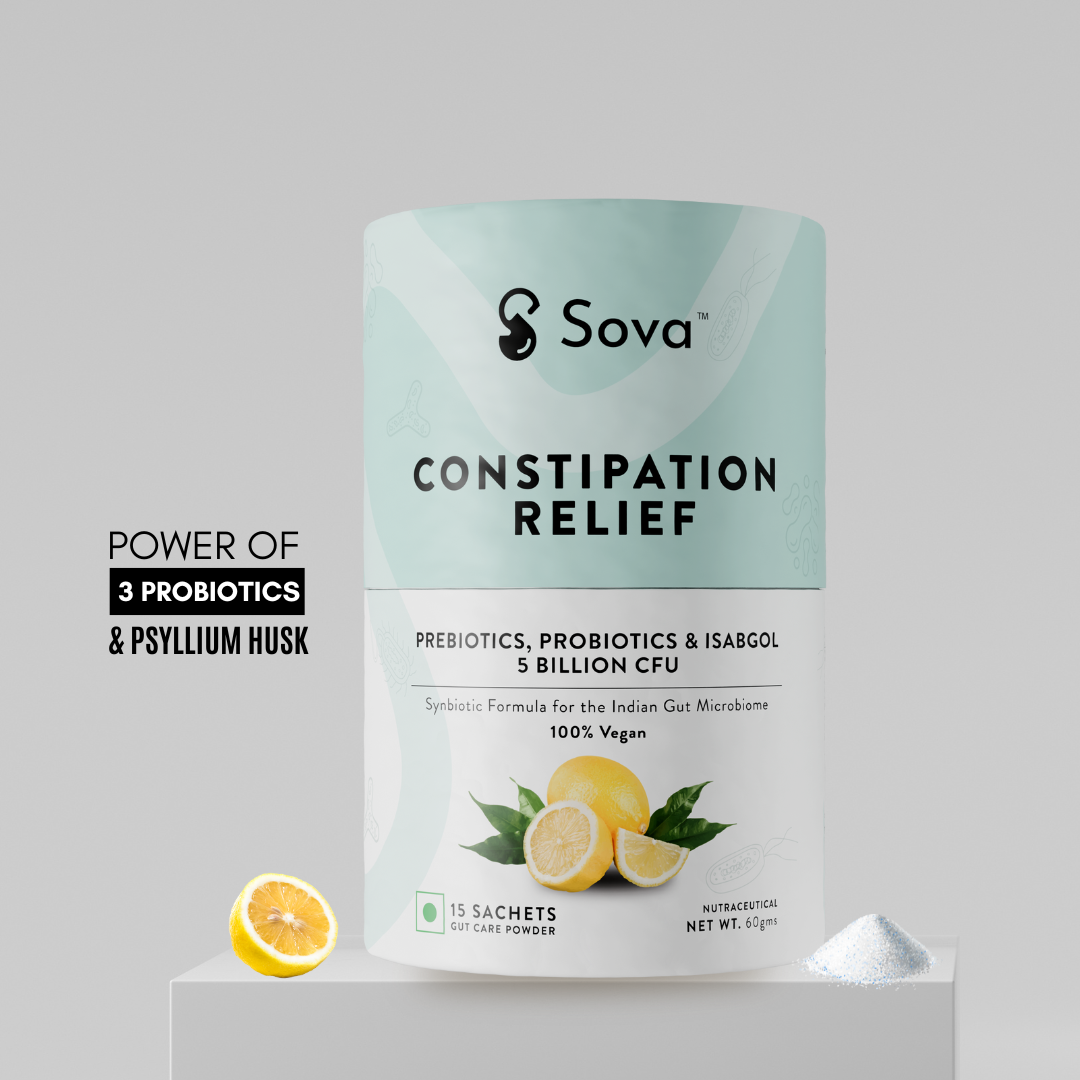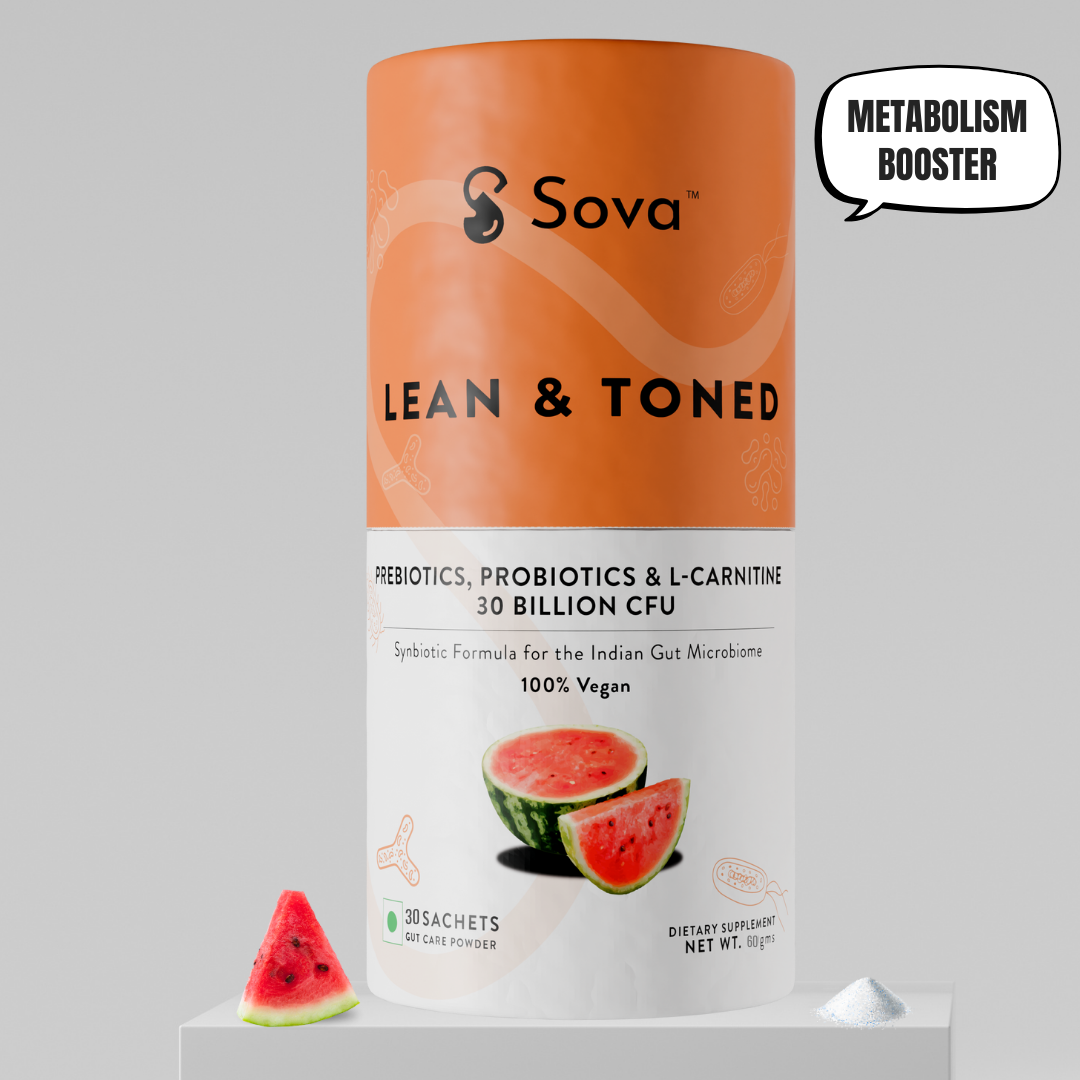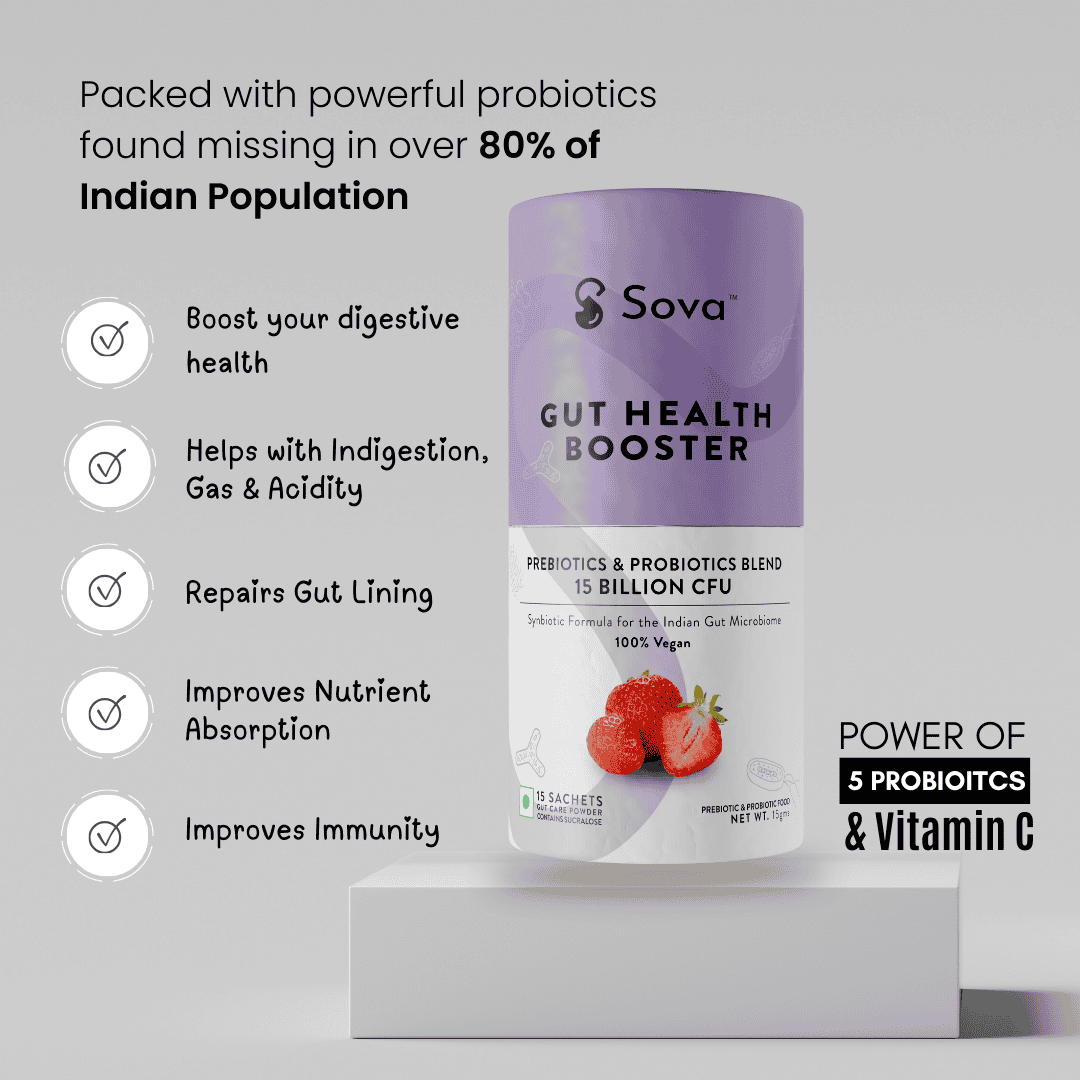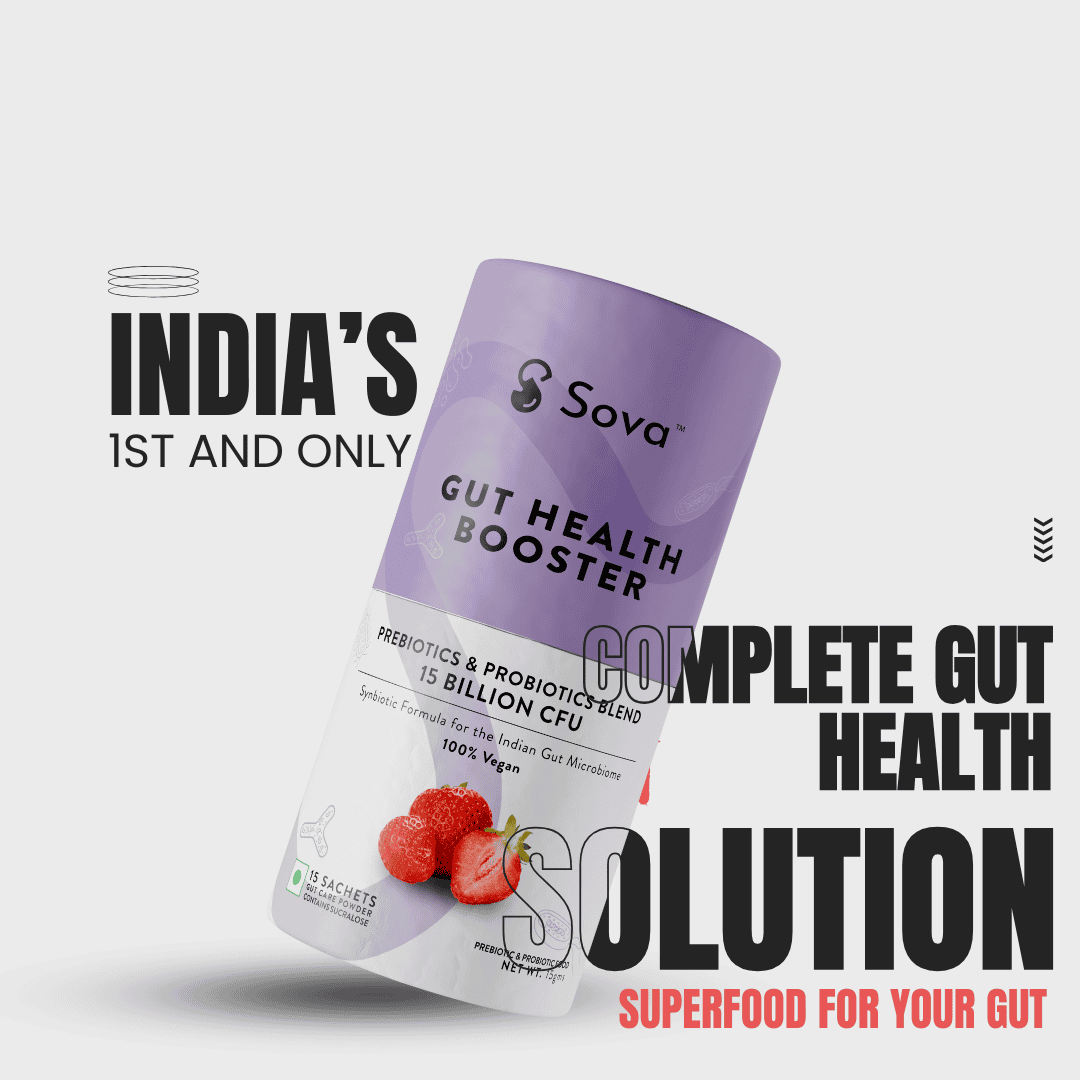In the pursuit of optimal gut health and overall well-being, a comprehensive understanding of the roles of prebiotics and probiotics is crucial. These two components, while distinct in their functions, work synergistically to support a healthy gut microbiome and promote various aspects of health.

Probiotics, consisting of live beneficial bacteria and some yeasts, are instrumental in fostering gut health. They help maintain a balanced microbiome by colonizing the intestines and outcompeting harmful bacteria. Probiotics contribute to digestion by breaking down food, synthesizing essential nutrients, and enhancing nutrient absorption. Beyond digestion, they play a vital role in supporting immune function, regulating inflammation, and influencing mental health through the gut-brain axis.

Prebiotics, on the other hand, are non-digestible fibers that serve as food for probiotics. They pass through the upper digestive tract intact and reach the colon where they are fermented by beneficial bacteria. This fermentation process produces short-chain fatty acids and other beneficial metabolites that nourish the cells lining the colon, support gut barrier function, and promote overall digestive health.
At Sova, we are dedicated to exploring the science behind prebiotics and probiotics. Our mission is to educate individuals on their distinct benefits and the importance of incorporating both into daily routines. By integrating prebiotic-rich foods such as chicory root, garlic, and bananas (which contain resistant starch) with probiotic supplements or fermented foods like yogurt and sauerkraut, individuals can optimize their gut health. This balanced approach enhances microbial diversity, improves digestion, strengthens immune responses, and contributes to overall well-being. Explore our range of probiotic products and educational resources to embark on a journey towards a healthier gut and a happier you.
What Are Probiotics?
Probiotics are beneficial live microorganisms, comprising primarily bacteria and certain yeasts, that provide significant health benefits when consumed in sufficient quantities. These microbes colonize the gastrointestinal tract, particularly the intestines, where they contribute to the maintenance of a diverse and robust gut microbiome. Key probiotic strains such as Lactobacillus and Bifidobacterium are renowned for their roles in promoting digestion by aiding in the breakdown of food and enhancing nutrient absorption. They also play a crucial part in supporting immune function by reinforcing the gut's natural defenses against harmful pathogens.
Moreover, probiotics exert influence beyond digestive health, impacting mental well-being through the gut-brain axis. This intricate communication pathway between the gut and brain involves neural, hormonal, and immune mechanisms, influencing mood regulation, stress responses, and cognitive functions. By fostering a balanced gut microbiome rich in beneficial bacteria, probiotics contribute to overall health and vitality, making them essential components of a proactive approach to maintaining well-being.
Benefits of Probiotics:

- Digestive Health: Aid in breaking down food, synthesizing vitamins, and enhancing nutrient absorption.
- Immune Support: Maintain a healthy gut barrier and compete with harmful bacteria, supporting overall immune responses.
- Mental Well-being: Influence mood, stress levels, and cognitive function via the gut-brain axis.
What Are Prebiotics?
Prebiotics are non-digestible fibers that serve as food for probiotics, helping them thrive and multiply in the gut. These fibers resist digestion in the upper gastrointestinal tract and are fermented by beneficial bacteria in the colon. By promoting the growth and activity of probiotics like Lactobacillus and Bifidobacterium, prebiotics contribute to a balanced gut microbiome.
Benefits of Prebiotics:
- Gut Health: Support the growth of beneficial bacteria, enhancing microbial diversity and gut integrity.
- Digestive Regularity: Help regulate bowel movements and reduce symptoms of constipation.
- Immune Function: Stimulate immune responses by promoting a healthy gut environment.
The Difference Between Prebiotics and Probiotics
While probiotics are live microorganisms that provide health benefits, prebiotics are fibers that nourish these beneficial bacteria. Probiotics must be alive and capable of surviving digestion to confer their benefits, whereas prebiotics are non-living fibers that pass through the digestive tract intact until they reach the colon. Together, they form a symbiotic relationship where prebiotics act as food for probiotics, ensuring their survival and activity in the gut.
Incorporating Prebiotics and Probiotics into Your Diet
Pre and Probiotic Foods:
- Probiotic Foods: Include yogurt, kefir, sauerkraut, kimchi, kombucha, and miso.
- Prebiotic Foods: Include chicory root, garlic, onions, bananas (especially green), and whole grains.
Prebiotic Probiotic Supplements:
- Combination Supplements: Available in the market that contain both prebiotics and probiotics in one formulation, ensuring optimal gut health support.
Read More: How to Improve Digestion with Probiotics and Prebiotics
Why You Need Both Pre and Probiotics
The synergy between prebiotics and probiotics is crucial for maintaining a balanced gut microbiome and promoting overall health. While probiotics introduce beneficial bacteria into the gut, prebiotics provide the necessary nourishment to sustain and multiply these microbes. This symbiotic relationship supports digestive health, enhances immune function, and may even influence mental well-being.
Conclusion
In conclusion, grasping the distinction between prebiotics and probiotics and harnessing their unique benefits is pivotal for enhancing gut health. Probiotics, consisting of live microorganisms like Lactobacillus and Bifidobacterium, actively contribute to digestive health by aiding in the breakdown of food, enhancing nutrient absorption, and supporting immune function. These beneficial bacteria also play a role in mental well-being through the gut-brain axis, influencing mood and cognitive function.
On the other hand, prebiotics are non-digestible fibers that act as nourishment for probiotics, facilitating their growth and activity in the gut. By incorporating both prebiotic-rich foods and probiotic supplements into your daily regimen, you create a synergistic effect that promotes a diverse gut microbiome. This diversity is crucial for maintaining gut integrity, regulating bowel movements, and reducing digestive discomfort such as bloating and gas.
At Sova, we are committed to empowering individuals with the knowledge and tools necessary to achieve optimal gut health. Our range of probiotic products and educational resources are designed to support you on your journey towards a healthier gut and overall well-being. Whether you're looking to alleviate digestive issues, enhance immune function, or improve mental clarity, exploring our offerings can help you make informed choices that positively impact your health. Start incorporating prebiotics and probiotics into your diet today to experience the transformative benefits they offer for a happier, healthier you.
Check out our programs and supplements - Gut Health Supplements - Prebiotics, Probiotics & Postbiotics – Sova Health

